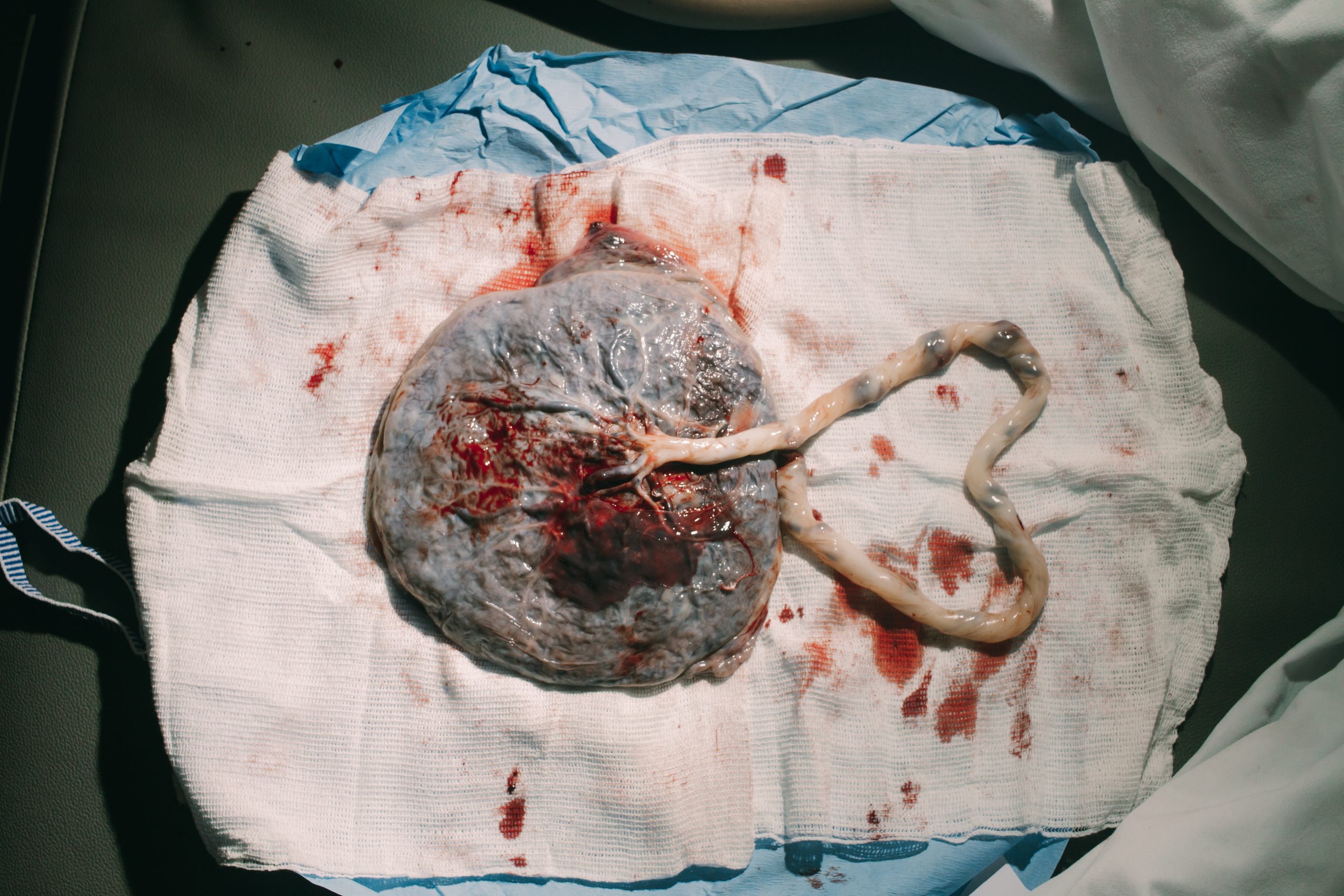Introduction:
Polycystic Ovary Syndrome (PCOS) is a common hormonal disorder affecting millions of women worldwide. It manifests with a range of symptoms, including irregular menstrual cycles, weight gain, and hormonal imbalances. While PCOS has no cure, effective management is possible through dietary choices. In this article, we will explore the critical role of nutrition in controlling PCOS and unveil key dietary strategies recommended by experts.
Understanding PCOS: A Hormonal Imbalance
PCOS is a complex condition characterized by hormonal imbalances, particularly elevated levels of androgens (male hormones) in women. These imbalances lead to irregular periods, ovarian cysts, and various physical and emotional symptoms.
The Complex Relationship Between Diet and PCOS
Diet plays a significant role in PCOS management due to its direct influence on hormonal balance. Insulin resistance is a key factor in PCOS, which affects how the body processes glucose and can exacerbate symptoms.
Expert Guidance: Nutritionists’ Recommendations
Key Nutritional Strategies for PCOS
| Dietary Strategy | Role in PCOS Management | Dietary Sources |
|---|---|---|
| Balanced Diet | Provides essential nutrients and supports hormonal balance | Fruits, vegetables, lean proteins, whole grains |
| Low-Glycemic Foods | Stabilizes blood sugar levels, managing insulin resistance | Quinoa, leafy greens, non-starchy vegetables |
| Healthy Fats | Reduces inflammation and supports hormonal balance | Fatty fish, flaxseeds, walnuts |
| Chromium | Improves insulin sensitivity | Broccoli, lean meats, whole grains |
| Vitamin D | Regulates menstrual cycles | Sunlight, fortified dairy, fatty fish |
| Inositol | Enhances insulin function | Whole grains, citrus fruits, beans |
The Low-Glycemic Diet: A Game-Changer for PCOS
A low-glycemic diet, focusing on foods with a slow impact on blood sugar levels, can help manage insulin resistance and inflammation. Sample meal plans and PCOS-friendly recipes are available to support dietary changes.

Meal Planning and Lifestyle Adjustments
Effective PCOS management includes creating meal plans that promote hormonal balance and adopting lifestyle changes. Regular exercise, stress management, and sufficient sleep complement dietary improvements.
Tracking Progress and Seeking Professional Guidance
Monitoring dietary changes and symptom improvements is essential. Tools and apps can help track progress. Consultation with healthcare professionals, such as nutritionists or endocrinologists, ensures personalized guidance tailored to individual needs.
Success Stories: Real Women, Real Results
Numerous women have successfully managed PCOS symptoms through dietary changes. Their stories showcase the transformative power of nutrition in improving overall well-being.
In conclusion, PCOS management is achievable through informed dietary choices. By following expert recommendations, adopting a balanced, low-glycemic diet rich in essential nutrients, and making lifestyle adjustments, individuals with PCOS can regain control over their health. Consultation with healthcare professionals is key, offering hope and empowerment to those on their journey towards a healthier and happier life.










